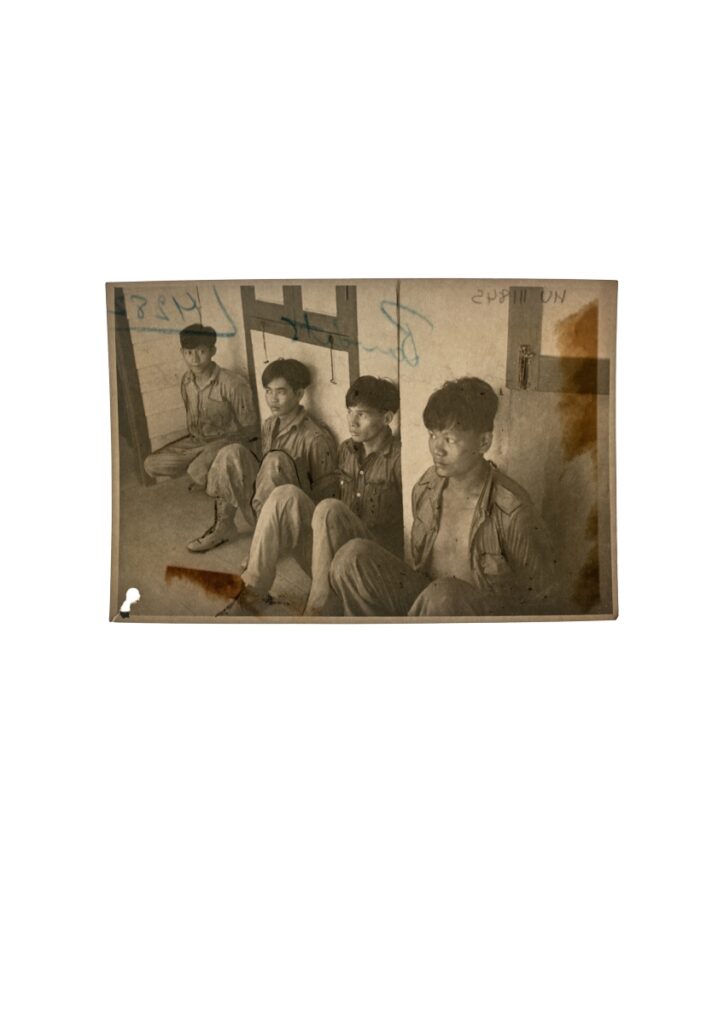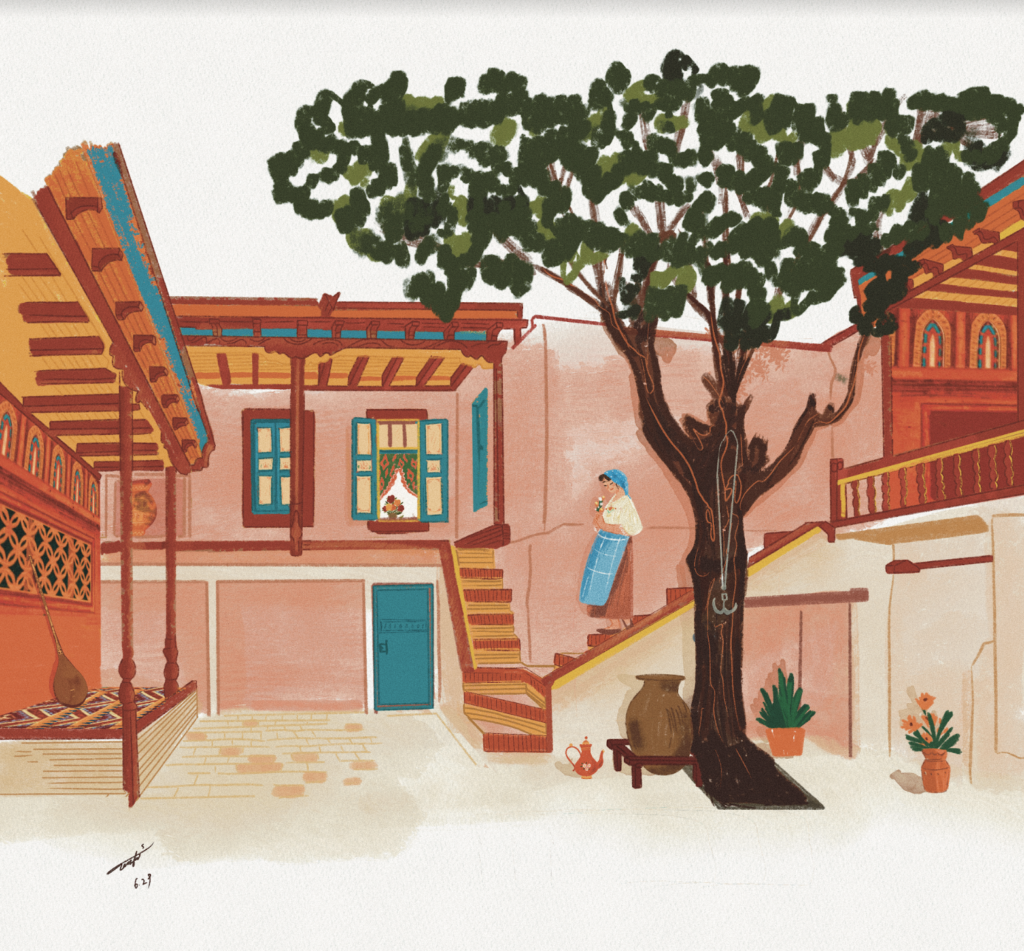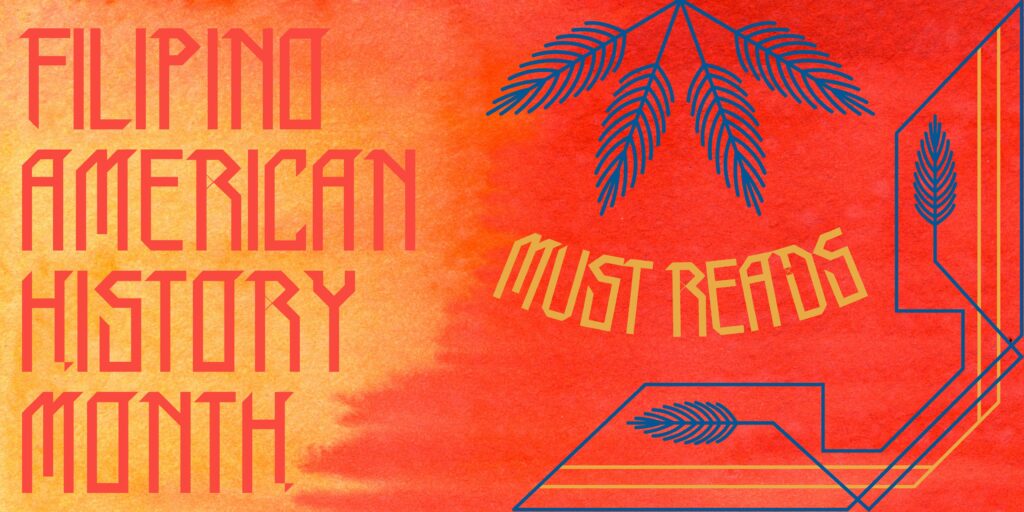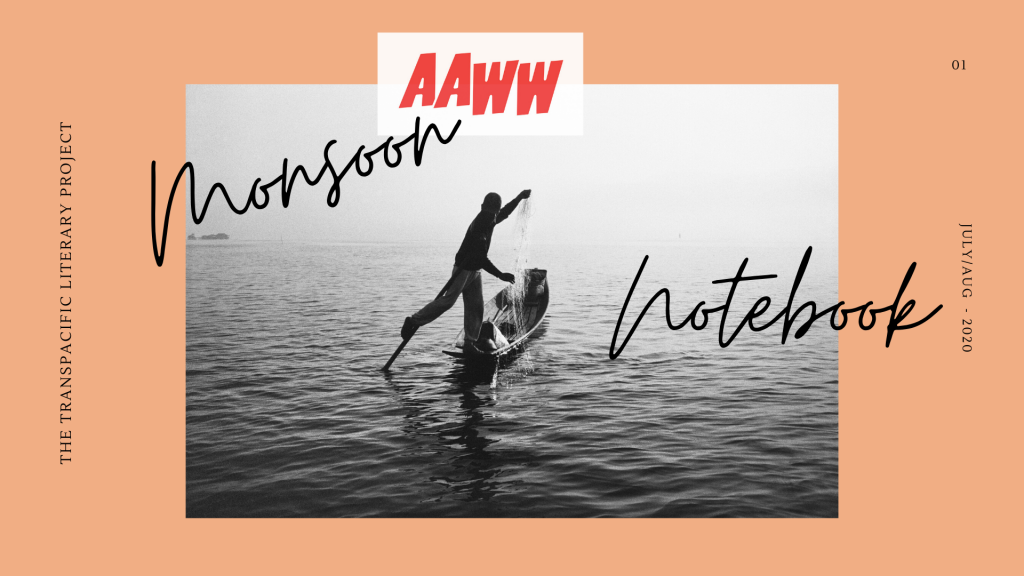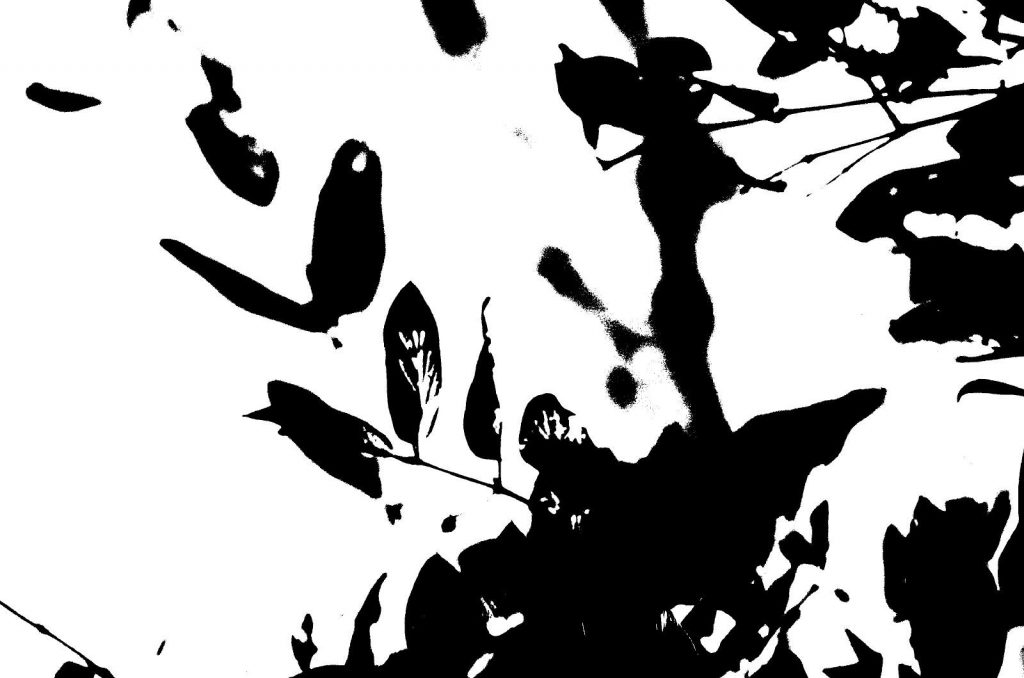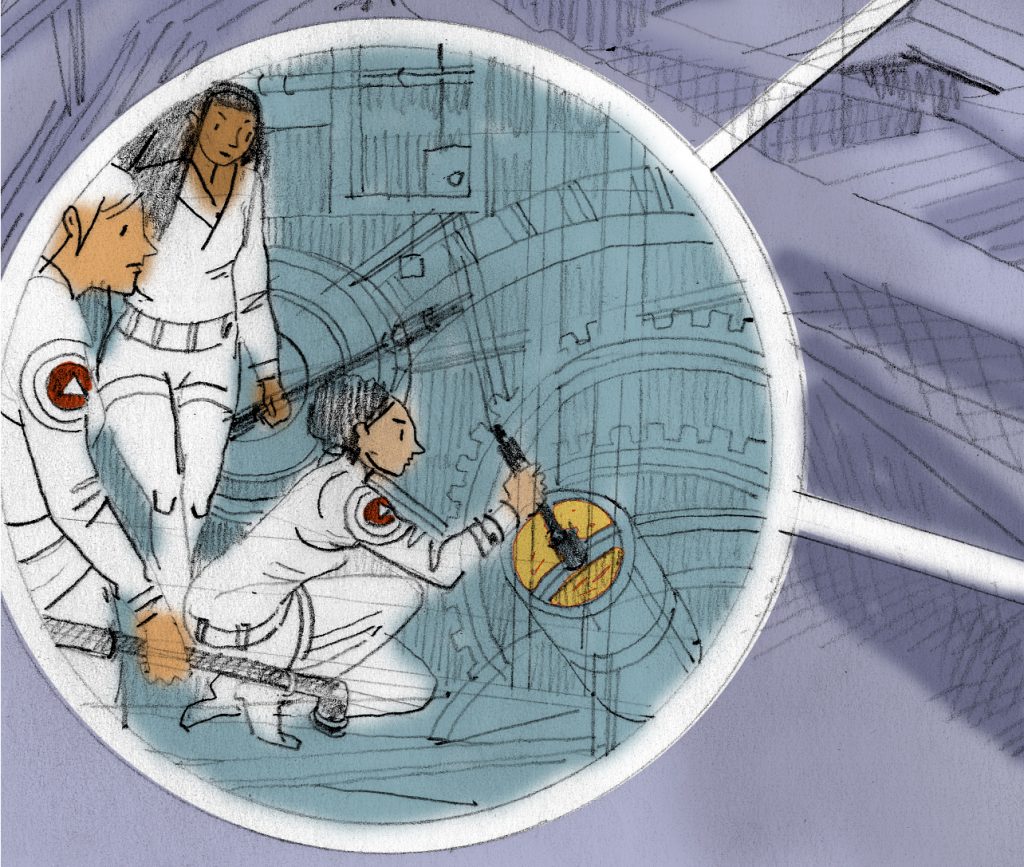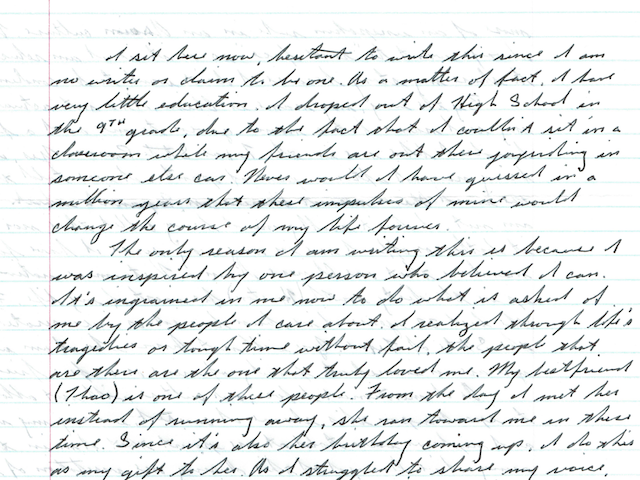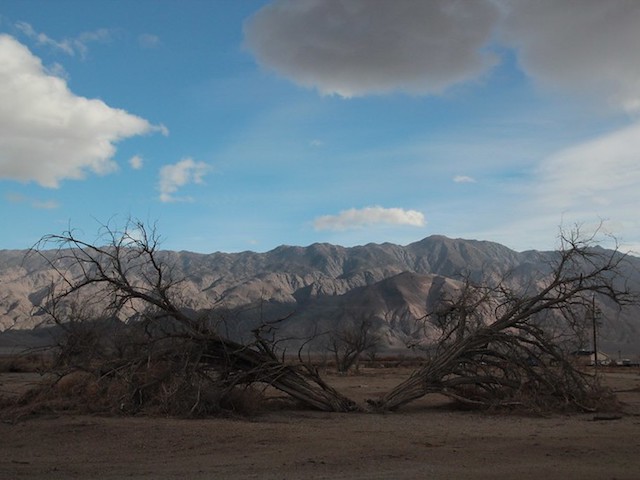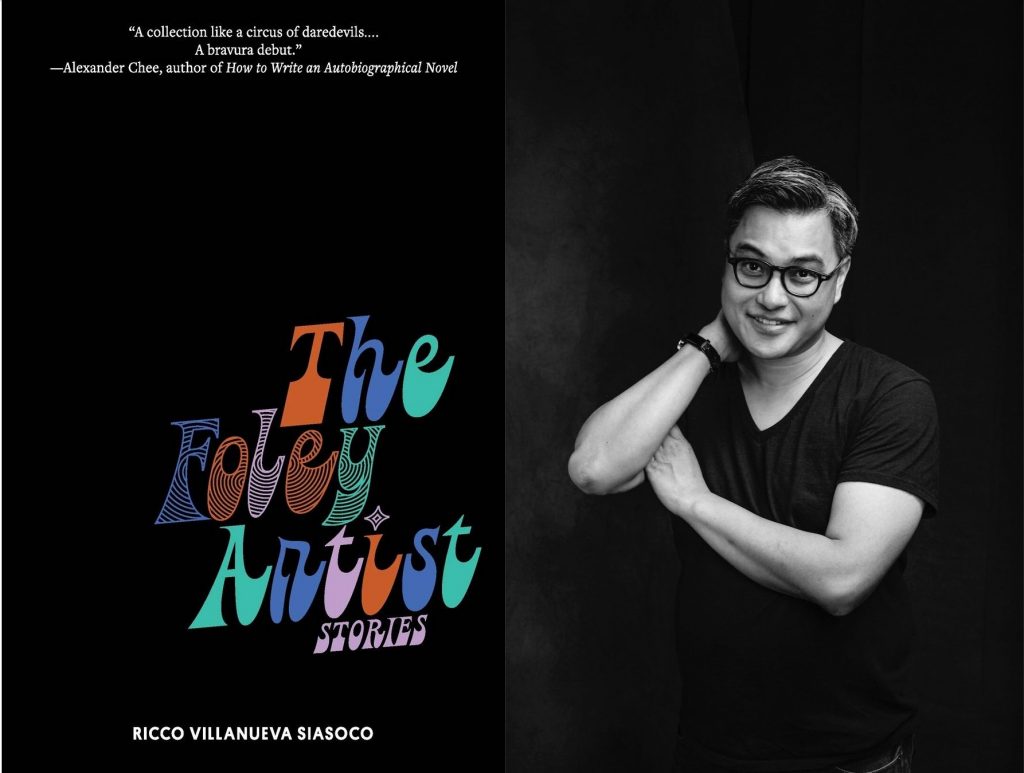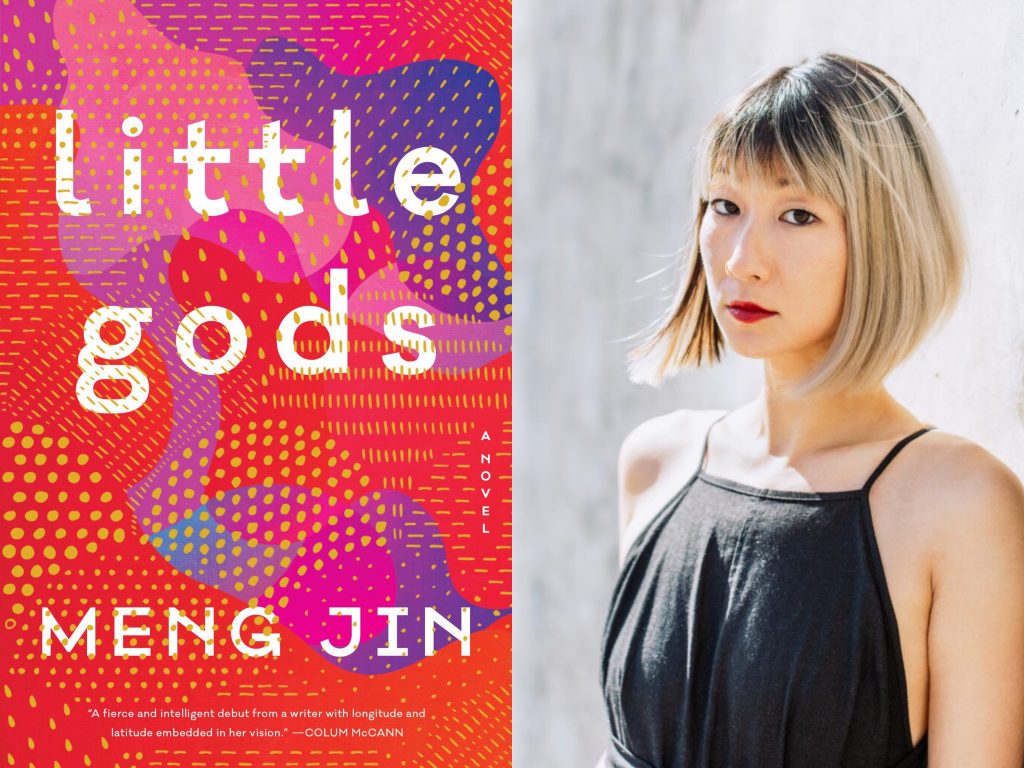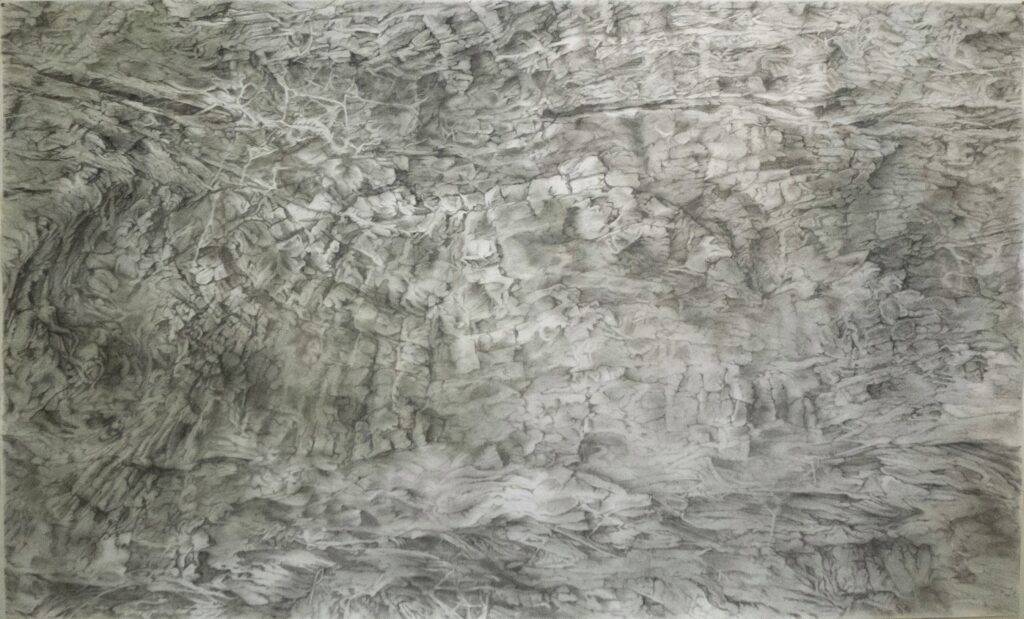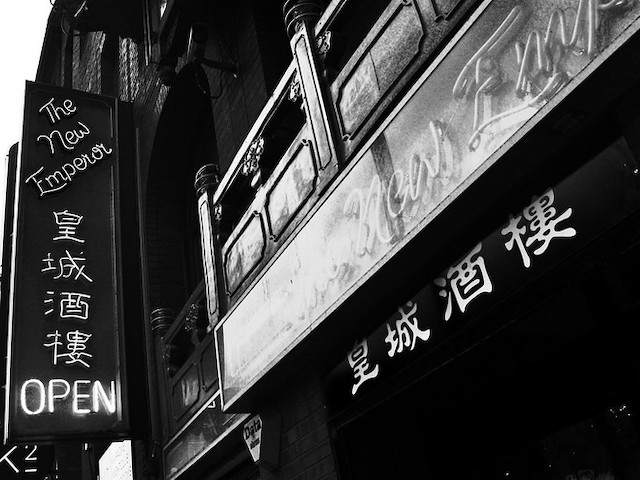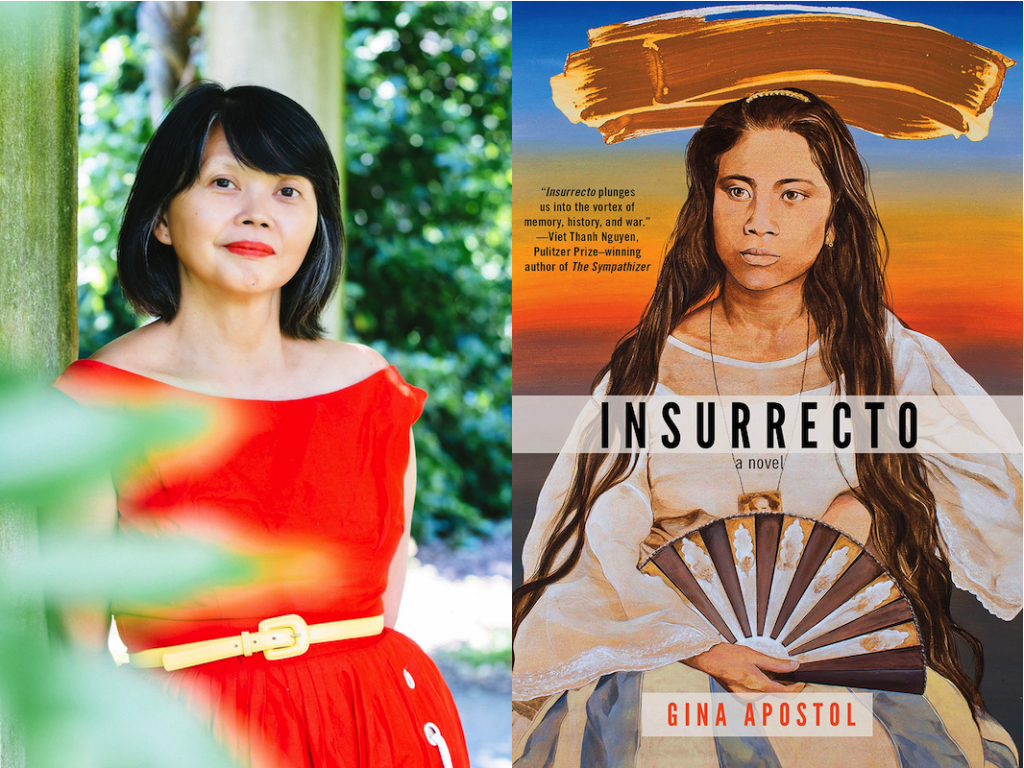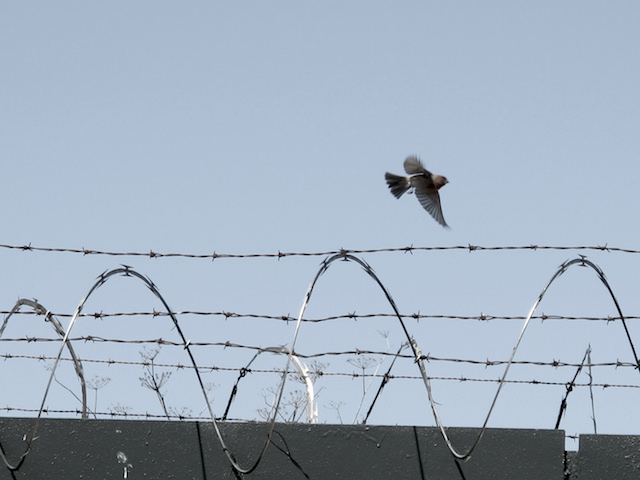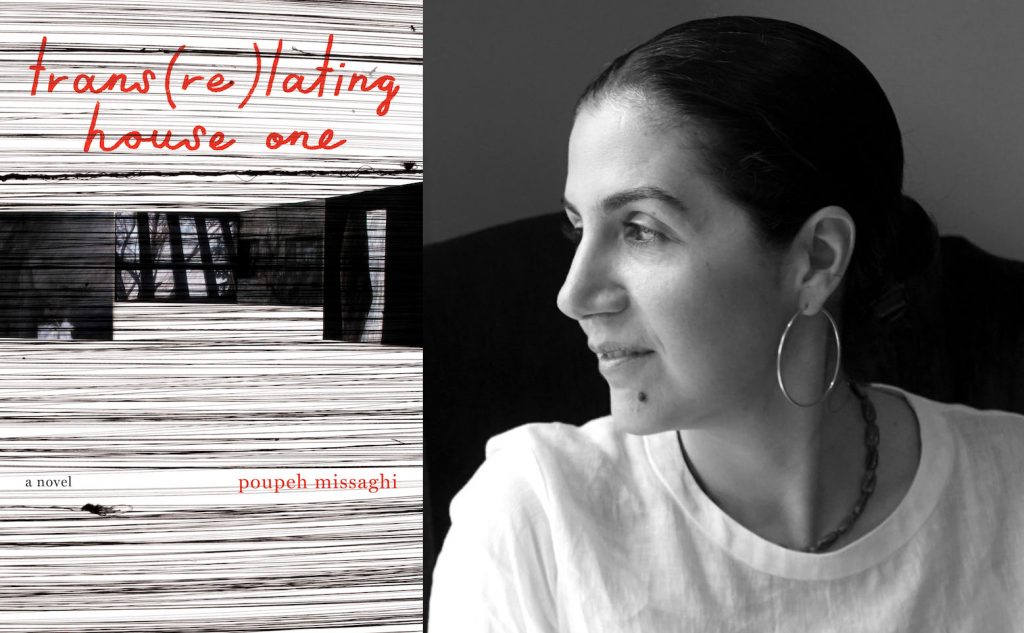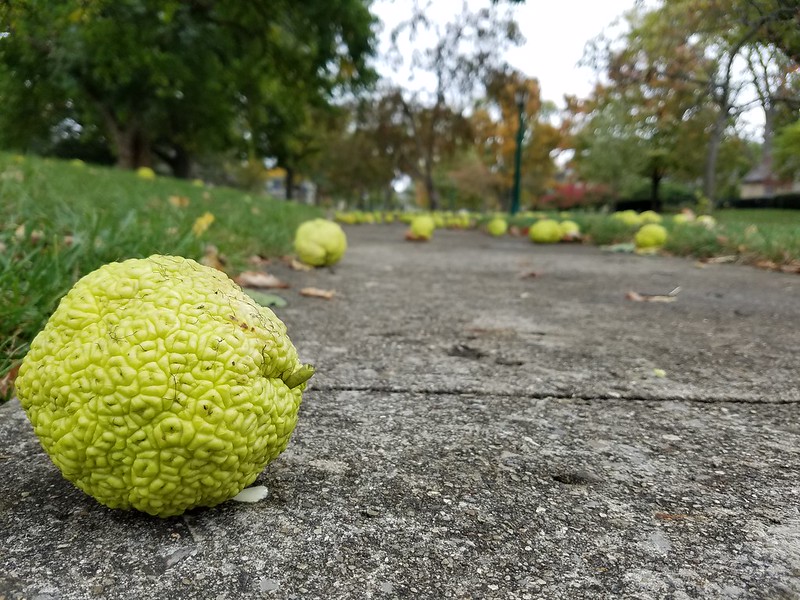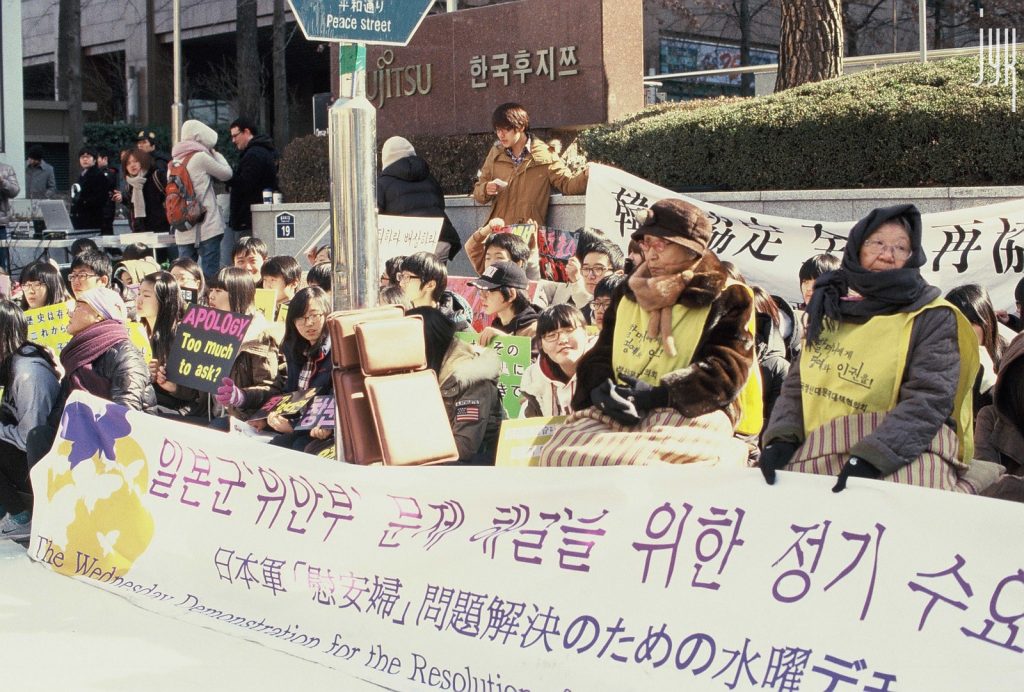
لكن المنـفى ينبت مرة أخرى كالحشائـش البرية تحت ظلال الزيتـون | Exile sprouts anew, like untamed grass beneath the shade of olive trees
Nine essays and stories from a new generation of writers grappling with the Malayan Emergency | 新世代作家的九篇文章和故事探討馬來亞緊急狀態
Fifteen poems, short stories, and translations from writers connected to East Turkistan to call forth Spring.
Honoring the landscapes, community, and connections that weave the gorgeous and complex histories of Filipinos at home and in the diaspora.
“The ecology and economy of the region is under threat. This Transpacific Literary Project folio, Monsoon Notebook is for these essential, vanishing, and unruly waters.”
We all want to be / remembered, either in stone or by name – / hence the oath / we swear to paper, hence the / incompleteness of life / with incomplete papers
In a new collection from A World Without Cages, seven writers reflect on building a different future while holding the weight of the past
In the Texas prison system, my name is Chino. You will not know who I am unless you are immediate family or one of my few friends.
Question: with sharp enough clippers, can you help / any tree grow small? With sharp enough clippers, can you outlive your / kids?
‘I was pushing myself to write from places that terrified me.’
“The process of writing a novel can sound cohesive and tidy. At the time it feels much more like walking around in a very dark and very cluttered room, moving slowly, hoping you’ll run into something like an intention instead of a sharp object, or more often, a wall.”
Poems, correspondence, essays, and reportage on how we perceive and write about climate change
A notebook on the fiftieth anniversary of martial law being declared in the Philippines
If I have a son / with his mother’s eyes / then will there still be room / for me under his tongue?
One of the challenges in this novel was to figure out a way in which time can be manipulated the way it’s so interestingly manipulated in film.
Now sitting behind barbed wire, hugging his knees / looking at the sky, the earth, the clouds / a bird’s wing like a far-fetched dream.
“The very moment I thought I was lost / My dungeon shook and the chains fell off.”
The author of trans(re)lating house one talks translation, mapping Tehran, and writing through the aftermath of Iran’s 2009 election.
The green fruit would collect on the ground before we threw them to be devoured with the fervor we reserved for galas and granny smiths.
“Giving women voice” does not necessarily mean they will be heard or believed. From feminist refusal in Chang-rae Lee’s A Gesture Life to the quiet resistance of comfort women statues.
Nine essays and stories from a new generation of writers grappling with the Malayan Emergency | 新世代作家的九篇文章和故事探討馬來亞緊急狀態
Poems, correspondence, essays, and reportage on how we perceive and write about climate change
Fifteen poems, short stories, and translations from writers connected to East Turkistan to call forth Spring.
Honoring the landscapes, community, and connections that weave the gorgeous and complex histories of Filipinos at home and in the diaspora.
A notebook on the fiftieth anniversary of martial law being declared in the Philippines
“The ecology and economy of the region is under threat. This Transpacific Literary Project folio, Monsoon Notebook is for these essential, vanishing, and unruly waters.”
If I have a son / with his mother’s eyes / then will there still be room / for me under his tongue?
We all want to be / remembered, either in stone or by name – / hence the oath / we swear to paper, hence the / incompleteness of life / with incomplete papers
One of the challenges in this novel was to figure out a way in which time can be manipulated the way it’s so interestingly manipulated in film.
In a new collection from A World Without Cages, seven writers reflect on building a different future while holding the weight of the past
Now sitting behind barbed wire, hugging his knees / looking at the sky, the earth, the clouds / a bird’s wing like a far-fetched dream.
In the Texas prison system, my name is Chino. You will not know who I am unless you are immediate family or one of my few friends.
“The very moment I thought I was lost / My dungeon shook and the chains fell off.”
Question: with sharp enough clippers, can you help / any tree grow small? With sharp enough clippers, can you outlive your / kids?
The author of trans(re)lating house one talks translation, mapping Tehran, and writing through the aftermath of Iran’s 2009 election.
‘I was pushing myself to write from places that terrified me.’
The green fruit would collect on the ground before we threw them to be devoured with the fervor we reserved for galas and granny smiths.
“The process of writing a novel can sound cohesive and tidy. At the time it feels much more like walking around in a very dark and very cluttered room, moving slowly, hoping you’ll run into something like an intention instead of a sharp object, or more often, a wall.”
“Giving women voice” does not necessarily mean they will be heard or believed. From feminist refusal in Chang-rae Lee’s A Gesture Life to the quiet resistance of comfort women statues.

